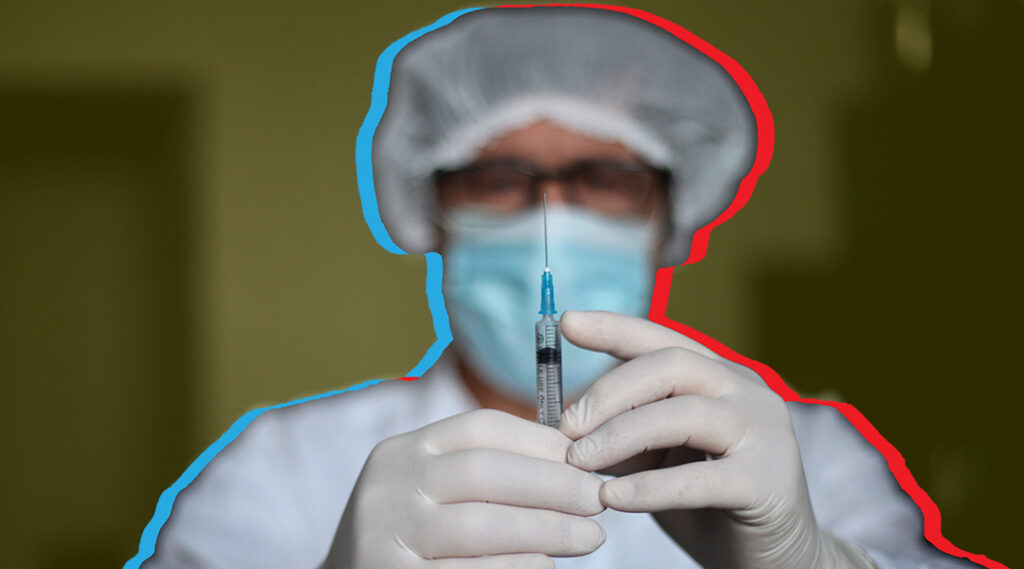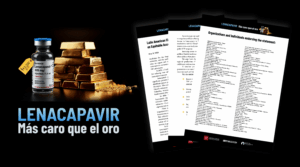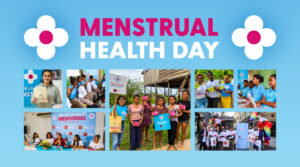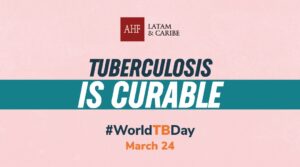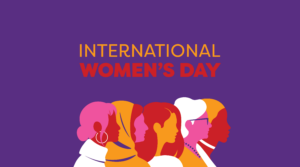The Gates Foundation has unveiled plans to fund a trial of what would be the first new tuberculosis vaccine in more than a century. This is phase 3 of the research, that is, the tests on humans, which will involve around 26,000 people.
As reported by the STAT website, which specializes in medical information, the trial is scheduled to start next year and will test the vaccine known as M72/AS01, which showed promising results in a smaller trial, conducted in 2019.
At the time, the findings generated excitement. However, a larger, confirmatory study was delayed when the GSK Company, which was developing the research at the time, transferred the vaccine to the Gates Institute for Medical Research, an affiliate of the foundation, instead of moving forward with the vaccine.
“We were quite frustrated with how long it took,” said Thomas Scriba, an immunologist at the University of Cape Town, South Africa, and a researcher on both studies, calling the news “an incredibly positive development” as “the world really needs a vaccine against tuberculosis.
A very limited choice
A tuberculosis vaccine has been around since 1921, when a French team created what is known as the BCG vaccine from the bacterium that causes bovine tuberculosis.
This biologic is given to boys and girls in many low- and middle-income countries, but studies measuring its effectiveness have yielded mixed results, and it is unable to protect the adolescent or adult population.
Meanwhile, tuberculosis remains one of the leading causes of death globally, causing around 1.6 million deaths each year, more than any other infectious disease before the appearance of COVID-19.
Since the BCG vaccine, no new vaccines have been developed, partly because of scientific hurdles, since tuberculosis is a much more complex pathogen than, for example, SARS-CoV-2, and partly because the disease primarily affects to the poorest people on the planet, which represents very little financial incentive for pharmaceutical companies.
Financial support for research
The Gates Foundation, which also funded early research on the vaccine, has committed $400 million to the trial, and the UK’s Wellcome Trust has pledged to provide up to an additional $150 million.
The trial will take place at more than 50 sites in Africa and Asia, and will likely take four to six years to complete, said Trevor Mundel, president of global health at the Gates Foundation.
Mundel said it will take time to recruit people and for enough study participants to get sick for researchers to determine if the vaccine is working. The effectiveness of the vaccine will be tested once 150 people in the group that will receive the vaccine and the group that will receive a placebo develop active disease.
The study will not focus on the protection of children, who have never been exposed to tuberculosis, but will seek to determine if it can prevent adults and adolescents with latent tuberculosis infection, that is, people who are infected but do not present symptoms develop the disease in its full form.
Recent data suggest that about a quarter of the world’s population has latent tuberculosis infection. Approximately 5% to 15% will develop the disease in their lifetime. The results of the 2019 study indicated that the M72 vaccine reduced the risk of developing tuberculosis in its full-length form by 49.7%.
In this regard, Maziar Divangahi, associate director of the McGill International Tuberculosis Center, stated that this percentage “is really important”, and that “if this vaccine could reduce the disease by 50%, that would have great implications worldwide”. Such a reduction, he said, could significantly slow the transmission of tuberculosis, since people with latent infection cannot spread the bacteria.
Temper expectations
According to a 2022 WHO report, a TB vaccine with 50% efficacy in adults and adolescents could prevent between 37.2 and 76 million cases, as well as 4.6 to 8.5 million deaths by the year 2050.
However, Divangahi cautioned against placing too much faith in the 2019 results. In that trial, 39 people — 26 in the placebo group and 13 in the vaccine group — got sick, so the sample size was “extremely low,” he said. Also, it is not yet known how long the protection could last.
You should know that tuberculosis especially affects people living with HIV, so if one of these conditions is present, the other should be suspected. If you want to know your HIV status and take better care of your health, get a screening test at AHF Latin America and the Caribbean. It’s free, confidential and in minutes. Locate our offices closest to you, we are in 11 countries in the region.

